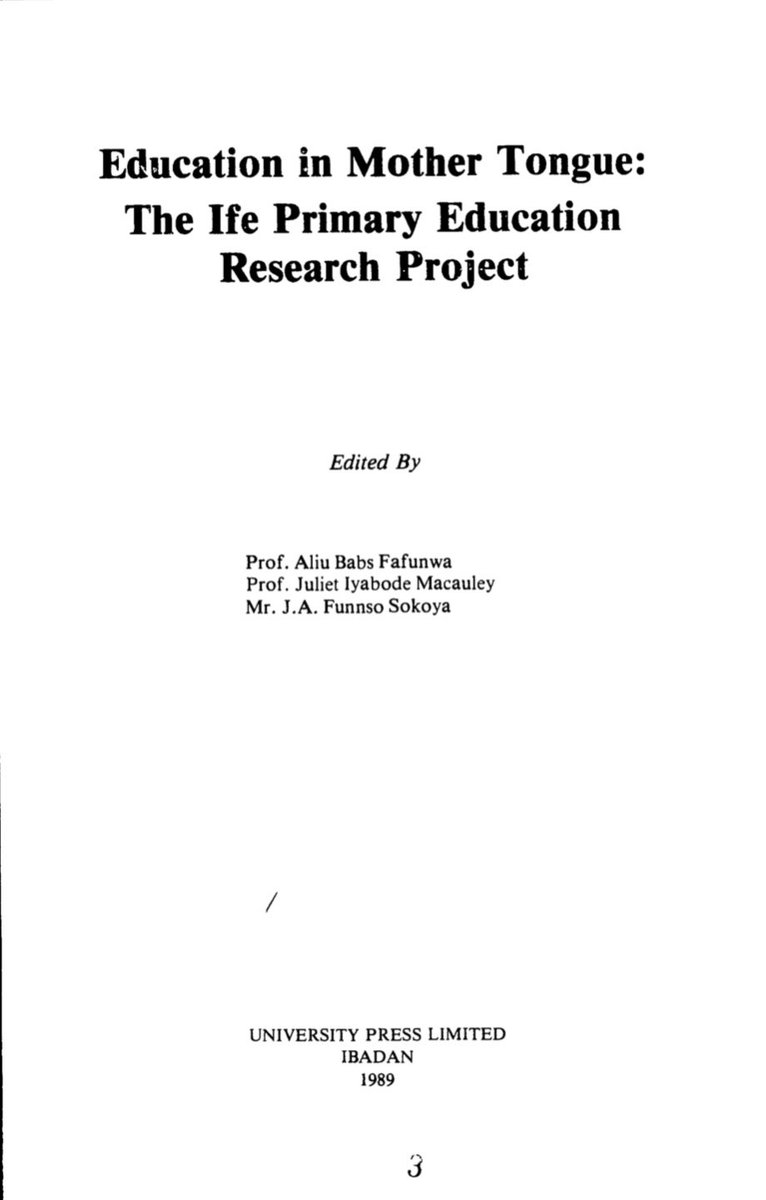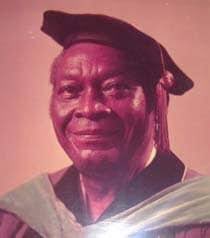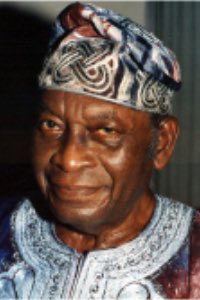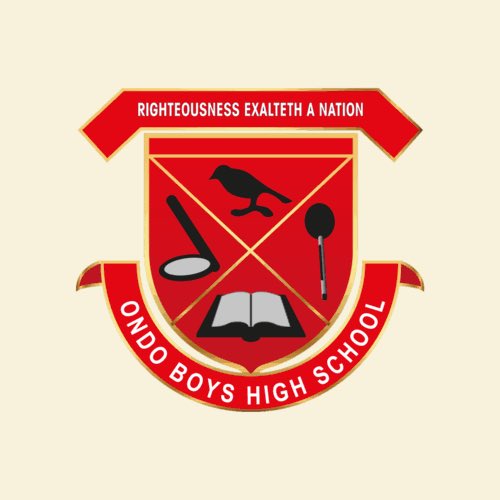
The King of Ago
Ibadan February 1856
My husband has just returned from an interesting and satisfactory visit to the capital of Yoruba, called Ago, where the real king resides. Mr. Hinderer says he never witnessed such order and real elegance in Africa.
Ibadan February 1856
My husband has just returned from an interesting and satisfactory visit to the capital of Yoruba, called Ago, where the real king resides. Mr. Hinderer says he never witnessed such order and real elegance in Africa.

Source: The Church Missionary Juvenile Instructor. v.5 (1856)
The palace is prettily built: it is a square of about 100 to 150 yards. In front of it is a range of buildings, with six conical towers at equal distances, resting upon pillars of wood, in the centre of which sat the King, dressed in white, with a. scarlet canopy over his head.
At another interview his majesty was dressed in a fine robe of scarlet and black velvet, and on his head a crown of silk network, in a pyramidal form, with beads hanging round, which concealed his face.
Mr. Hinderer was seated at a distance of about eight yards, and answers were given from his own interpreter through two of the king’s.
There was entire silence when the King or Mr. Hinderer spoke, and a general prostration after every sentence of his majesty, with a. sort of ‘ God save the King,’ and the blowing of four trumpets and four fifes.
These were public interviews ; but in the evening the King sent for him, and they had most free and easy communications.
The king was really affectionate, appeared with his face quite uncovered, and would have Mr. Hinderer to sit quite near him; and when he thought his legs were cramped, begged him to stretch them out, and make himself comfortable.
Two or three times the King sent for him in the night, and they sat in this beautiful court-yard in the moonlight, conversing most pleasantly; and when the King found Mr. Hinderer could talk Yoruba, he made him dispense with an interpreter in their private interviews.
• • •
Missing some Tweet in this thread? You can try to
force a refresh





























